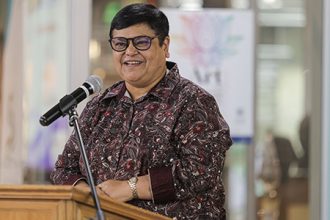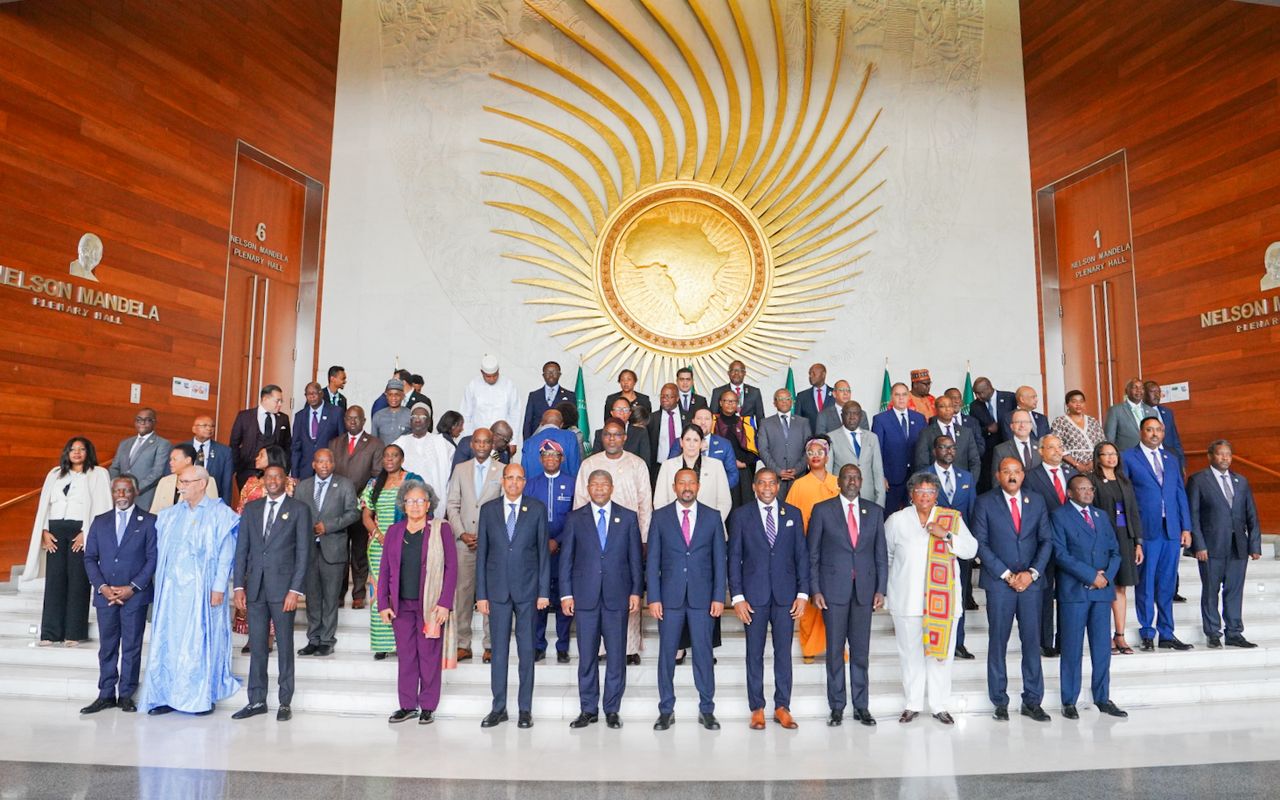By Henry Neondo in Addis Ababa, Ethiopia
In a powerful display of unity, leaders from Africa and the Caribbean convened at the African Union Headquarters in Addis Ababa for the Second Africa-CARICOM Summit, vowing to strengthen historic bonds and demand reparatory justice for the crimes of slavery and colonialism.
Held under the theme “Transcontinental Partnership in Pursuit of Reparatory Justice for Africans and People of African Descent through Reparations,” the summit brought together heads of state, CARICOM leaders, and representatives from the United Nations.
A Call for Restorative Justice
Angola’s President João Lourenço, Chair of the African Union, called the gathering “a moment of communion and reunion,” stressing that slavery and colonization had torn apart destinies but could not erase common roots. He urged former colonial powers to “acknowledge historic crimes, offer meaningful reparations, and dismantle structural injustices”.
Ethiopia’s Prime Minister Abiy Ahmed welcomed Caribbean leaders “home” to Africa, invoking the spirit of Adwa as a symbol of resistance and shared triumph. He proposed “Bridges of Unity” built on agriculture, innovation, culture, and knowledge, declaring that “geography may have placed us apart, but history has bound us together”.
Dr. Carla Barnett, Secretary-General of CARICOM, described the summit as a homecoming for the diaspora. She emphasized that while Africa and the Caribbean contribute less than 6% of global emissions, both regions face some of the harshest climate impacts. “We must explore opportunities for joint advocacy on international financial reform and climate justice. We did not create this crisis, yet we bear its burden,” she stated.
United Nations Support
UN Special Representative Parfait Onanga-Anyanga conveyed greetings from Secretary-General António Guterres, who reminded participants that Africa and the Caribbean are victims of “two compounded injustices: colonialism and the trans-Atlantic slave trade.” He reiterated the UN’s call for reparatory justice frameworks and reforms to global institutions
Climate Voices from Civil Society
Civil society leaders also weighed in. The African Coalition of Communities Responsive to Climate Change (ACCRCC) welcomed the summit’s focus on reparations but stressed that climate justice must remain central.
“Reparations are not only about the past but about survival in the present,” said Dr Rosalid Nkirote, Executive Director ACCRCC. “Across Africa and the Caribbean, families are losing homes to rising seas, farmers are watching crops fail from prolonged droughts, and young people are being forced to migrate. Any reparatory framework must fund resilience, renewable energy, and adaptation strategies for frontline communities.”
Looking Ahead
The summit ended with commitments to deepen cooperation in trade, health, transport, and digital innovation while advancing a unified platform for reparations on the world stage. Leaders pledged to speak with one voice in international forums, signalling what President Lourenço called “a turning point towards our collective aspiration to reclaim our shared destiny in freedom, justice, and unity.




